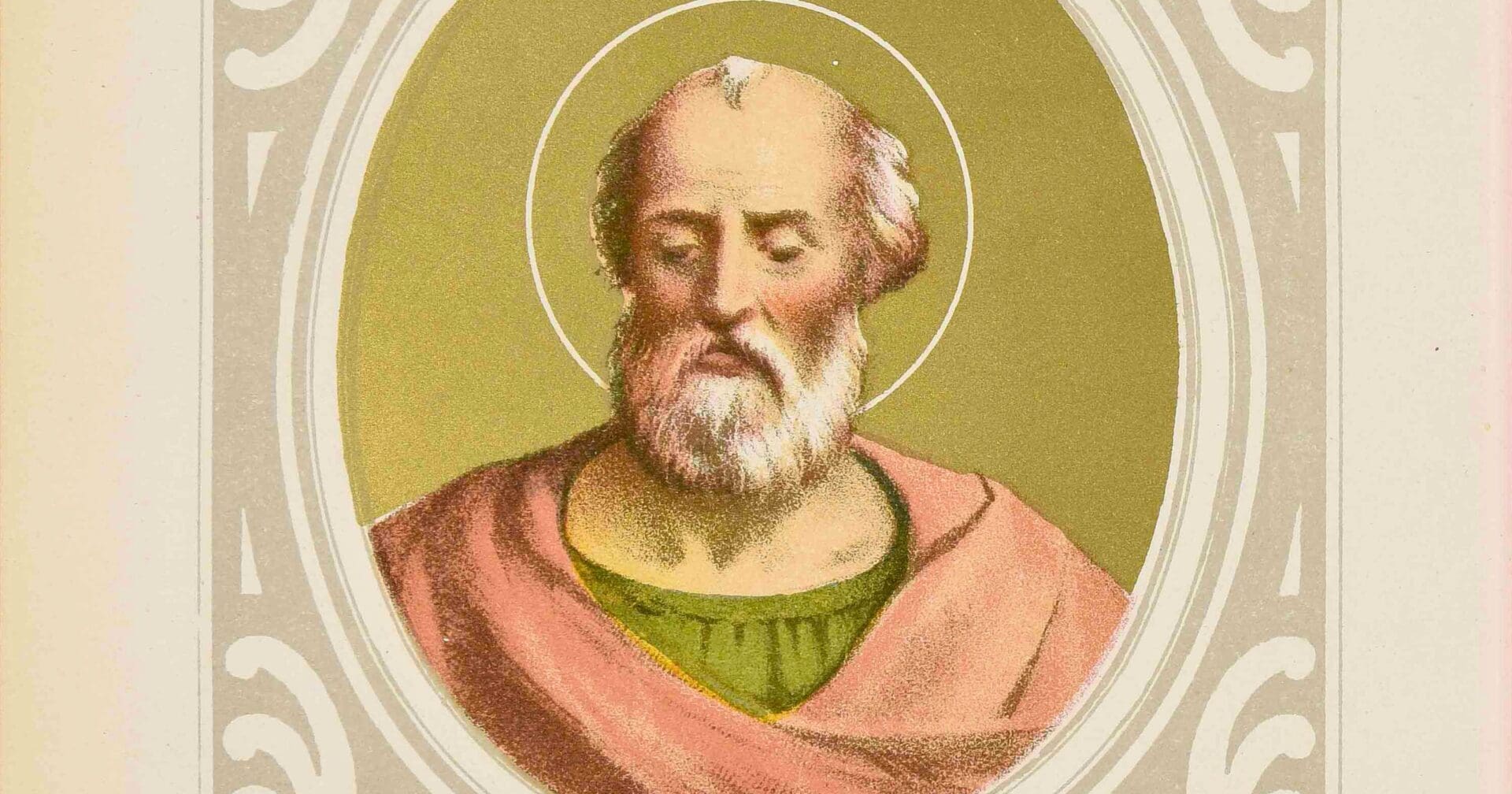
Jesus is infinitely merciful. We cannot out-sin God’s mercy. He longs for us to return to Him with our whole heart, for He is gracious and merciful. But this does not mean it doesn’t matter what we do. Because Jesus is also perfectly just, everything we do matters. In God, justice reigns, and we are confident that we will receive from Him what is just. In today’s Gospel, we see this balance of justice and mercy.
Why does Jesus refuse to condemn the woman who is caught in the very act of adultery (a sin so serious that the punishment is being stoned to death)? Isn’t her activity condemnable? Isn’t there a commandment against adultery? Yes, there is. So is Jesus saying the commandment doesn’t matter? Certainly not.
While Jesus does not condemn her, He does not condone her actions; he does not say that her sin does not matter and she can just go on as she has been. He deals a “one-two” punch to the enemies of her soul: sin and the unforgiving judgment of others. And then He calls her in freedom to walk a new way.
First, He pauses to point out the hypocrisy of the Pharisees who seem to revel in their self-righteous accusation and eagerness to inflict punishment for offenses. No one has the right to condemn the woman for her sin, because none of them are without sin themselves – and yet, they publicly accuse others and seem to delight in discovering and pointing out the woman’s obvious sin because it makes them feel superior. Without love, they have no right to point out the transgressions of others. There is no compassion or desire for the other’s good in their response to the woman. Under Jesus’ penetrating gaze, their own guilt sends them away from her.
Next, Jesus turns his attention fully to the woman, whose life was hanging in the balance and at the whim of the judgmental crowd publicly accusing her. He does not ignore her sin, but with great love and desire for her good, He forgives her, saying, “Neither do I condemn you.” And then, as Love always does, Jesus invites her to a fuller life beyond sin. He has set her free to walk in newness of life, and with great compassion He calls her to use this freedom to choose good: “Go, and from now on do not sin any more.”
God’s forgiveness is spectacularly freeing and life-changing. But in order to receive it, we must acknowledge our sin and be filled with desire to walk away from it, and all that leads us into it. We must freely choose to reject sin and walk with HIM.
This is what we have been called to learn anew during Lent: that God’s mercy is infinite, that we must open ourselves fully to His forgiveness and love, and be determined to walk in the newness of life Jesus made possible through His Passion and Death on the Cross.
Daily Reading
Saturday of the Fifth Week of Lent
Reading 1 Ezekiel 37:21-28 Thus says the Lord GOD: I will take the children of Israel from among the nations to which they have come, and gather them from all…
Saint of the Day
Pope Saint Julius I
Pope Saint Julius I, reigned 337-352, staunchly defended Orthodoxy, protected St. Athanasius, and opposed Arianism.
The post Pope Saint Julius I appeared first on uCatholic.



